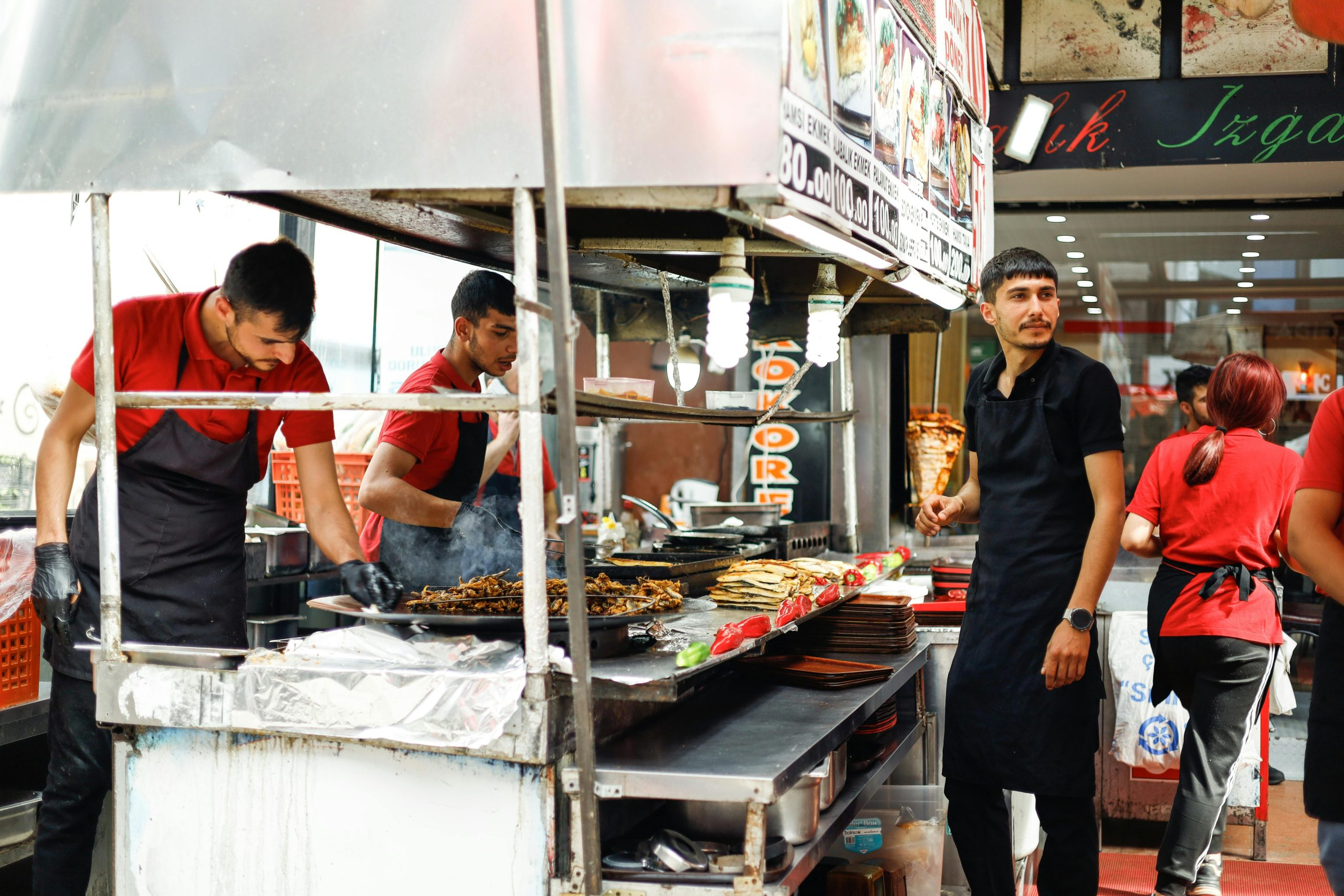The Benefits of Mindful Cooking for Busy Families
In today’s fast-paced world, juggling work, family life, and household responsibilities can often leave little time for anything else. Busy families are constantly on the go, relying on convenience foods and quick meals to keep everyone fed. However, in the rush to get everything done, one important aspect of life is often overlooked – mindful cooking. Mindful cooking is not just about preparing food, it’s about taking the time to fully engage with the task at hand, and it offers a myriad of benefits for busy families. In this article, we will explore the various benefits of mindful cooking and how it can improve the overall well-being of your family.
Fosters a Healthy Relationship with Food
Mindful cooking involves being present and aware of what we are eating and where our food comes from. This practice can help families develop a greater appreciation for the foods they consume. By taking the time to prepare meals from scratch and using fresh, whole ingredients, families can choose to nourish their bodies with wholesome, nutritious foods. This, in turn, can lead to a healthier relationship with food, as it encourages mindful choices that benefit both the body and the mind.
Promotes Family Bonding
In today’s technology-driven world, family mealtimes are becoming increasingly rare. Family members often eat in different places and at different times, depriving them of the opportunity to connect with one another. Mindful cooking can bring the family back together by involving everyone in the meal preparation process. From planning the menu to setting the table and cooking together, families can bond over the shared experience of creating a meal. This not only strengthens relationships but also promotes a sense of teamwork and cooperation within the family unit.
Encourages Creativity and Experimentation
Mindful cooking allows families to step away from their usual go-to recipes and experiment with new ingredients and flavors. As a result, family meals become more exciting and diverse, providing a greater variety of nutrients. Trying new foods also encourages children to be more open-minded and adventurous eaters. By involving children in the cooking process, they feel a sense of ownership and are more likely to try new foods they have helped prepare.
Teaches Important Life Skills
Mindful cooking instills important life skills in children, such as basic cooking techniques, measuring ingredients, and kitchen safety. By involving children in meal preparation, they learn how to read recipes, follow instructions, and gain confidence in the kitchen. These skills not only benefit their future but also promote independence and self-sufficiency.
Promotes Mindfulness in Everyday Life
The practice of mindful cooking extends beyond the kitchen and can have a positive impact on everyday life. By being fully present and engaged in the present moment while cooking, one can develop a greater appreciation for life. This mindfulness can carry over into other areas of life, such as work and relationships, promoting a sense of gratitude and overall well-being.
Minimizes Stress and Anxiety
For busy families, mealtimes can often be stressful, especially when trying to balance work, school, and extracurricular activities. However, mindful cooking can offer a sense of calm and relaxation. Taking the time to focus on the present moment and engage all senses while cooking can reduce stress and anxiety levels. Meals prepared with mindful attention also tend to be more satisfying, promoting a sense of contentment and overall well-being.
Conclusion
Mindful cooking offers a variety of benefits for busy families, from fostering a healthy relationship with food to promoting family bonding and teaching important skills. By incorporating this practice into your daily routine, you can experience the joys of cooking, while also improving the overall well-being of your family. So, put down your phones, turn off the TV, and get ready to enjoy the many benefits of mindful cooking for you and your loved ones.










